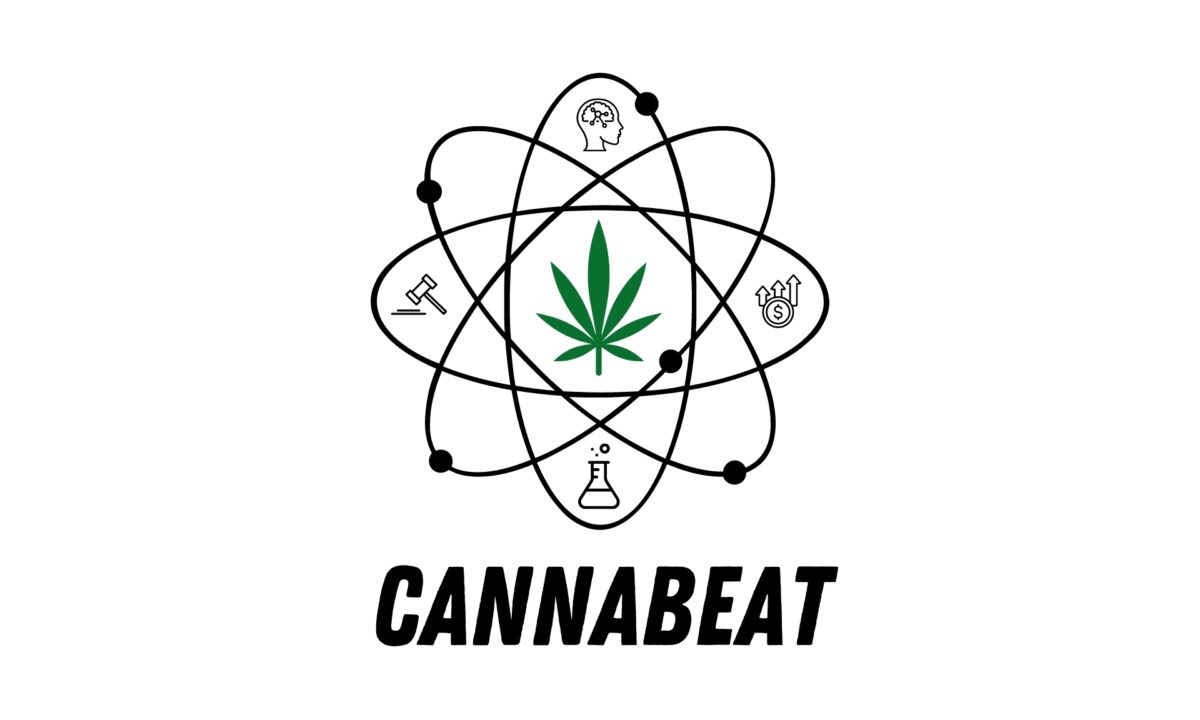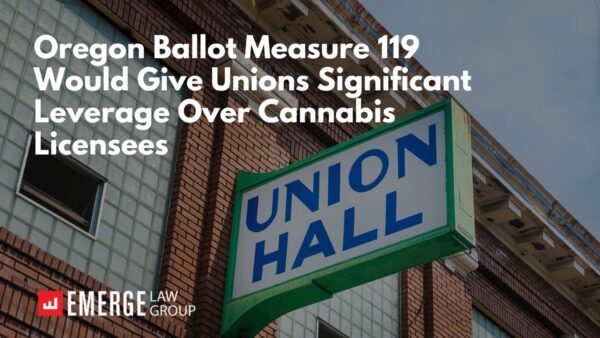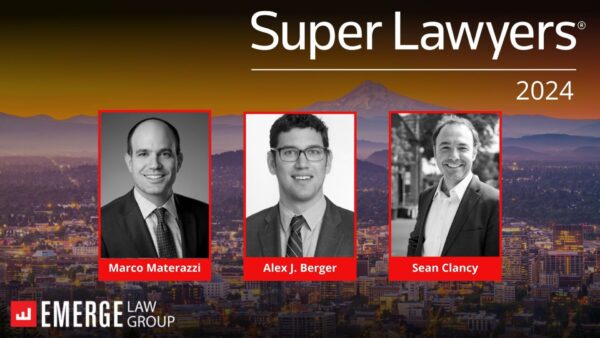CannaBeat is a curated biweekly selection of top news stories impacting business, research, and culture in the cannabis industry, crafted by Emerge Law Group.
Emerge’s Hot Take
Unlocking Change: HHS Recommends Rescheduling Cannabis to Schedule III
On August 29, 2023, Department of Health and Human Services (“HHS”) recommended the rescheduling of cannabis from its current Schedule I classification to Schedule III. To date, cannabis has been (mis)classified as a Schedule I substance, categorized as having “no currently accepted medical use in the United States, a lack of accepted safety for use under medical supervision, and a high potential for abuse.” This classification hindered research, limited access and harmed hundreds of thousands, particularly communities of color through the war on drugs. HHS’ surprising recommendation demonstrates a shift in perception and recognition that the status quo is failing.
Under Schedule III, cannabis would be classified alongside other prescription drugs, such as ketamine and steroids. A reclassification would acknowledge that cannabis has potential for medical uses and has a lower risk of abuse than other drugs listed in Schedule I and II. This opens the door for further research in cannabis medicinal properties and paves the way for future evidence-based policy.
Most importantly, as a Schedule III substance, cannabis would no longer be subject to Internal Code Section 280E, the tax code provision that punishes the cannabis business.
Although rescheduling of cannabis would be a positive step forward, it would not completely alleviate the conflict between state and federal law. All cultivators, manufacturers, and distributors would continue to be regulated by state and local authorities.
Other Noteworthy News
For the second phase, regulators said that they are offering up to $150,000 per eligible retail licensee that a city authorizes and up to $300,000 per social equity license. ‘There are still many locations throughout the state where cannabis usage is notable, but existing consumers do not have convenient access to legal retail cannabis,’ said DCC Director Nicole Elliott . ‘We know that cannabis consumers often make purchasing choices based on convenience, so sufficient access to legal retail reinforces extremely important consumer safeguards.’ Local governments are eligible for the grant dollars if they currently have no retail licensing program but plan to develop and implement one. Jurisdictions that intend to support equity-centric licensing policies are being prioritized. Localities that have opted out of allowing marijuana retailers, with no plans to license them in the future, are ineligible for the grants. Jurisdictions that have licensing programs, and those where retailers have already been approved, also don’t qualify…”
Subscribe
Subscribe to CannaBeat to receiveessential weekly articles on news, business, and culture in the cannabis industry, delivered straight to your inbox.





